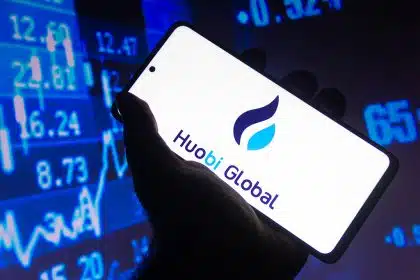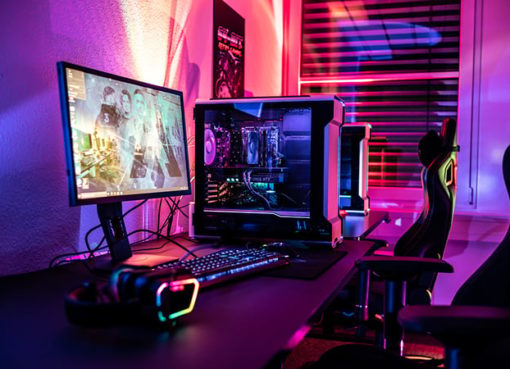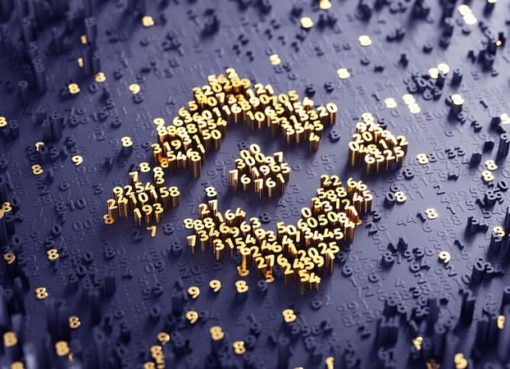The recent development comes as crypto exchange Huobi continues to lose market share in recent times which has now dropped to less than 4%.
On Wednesday, January 11, crypto exchange Huobi announced that they would be delisting a total of 33 tokens citing trading risks and low volumes on the platform.
Huobi Delisting Tokens
The seizure of trading for these tokens will come into effect on January 16, following which they will be delisted permanently. In its explanation, Huobi said that most of the tokens have violated Section 17, Rule 1 and Section 17, Rule 2 of the Huobi Token Management Rules. These rules include:
“Huobi reserves the right, based on the severity of the incident, to hide or cease trading in accordance with the following events: 1) [Tokens] Labeled with ‘ST’ warning and not canceled within 30 days. 2) [Tokens] That do not meet the requirement of having $50,000 in daily trading volume.”
The list of tokens to be delisted from Huobi include ABT, ATP, APN, AST, DIE, DHT, DFA, EDEN, GEAR, HC, INDI, IOI, INV, IRIS, GCOIN, GOF, KMA, MTA, NAS, OPUL, PEARL, PRIMATE, QASH, SMT, SLC, SKU, SOC, STC, TALK, VALUE, WHALE, WILD and YAM.
Crypto exchange Huobi decided to delist tokens only after a series of four major triggering events.
- If project teams fail to update their quarterly reports on time or failure of semi-monthly reports twice in succession.
- None of the trading pairs have an average trading volume of $50,000 or more for 15 consecutive days.
- It becomes necessary to mark “ST” via the comprehensive evaluation of “inquiry, regular review, special investigation or on-site investigation”.
- Other circumstances were identified as serious violations of the Regulations by Huobi.
Huobi Is Losing Market Share
Despite being one of the major crypto exchanges in the world, Huobi has been constantly losing market share since 2020. With over 22% market share in 2020, Huobi’s market share dropped to just 4% last year in 2022.
In the research report published by Kaiko, it notes that Justin Sun-owned exchange remained “undoubtedly the biggest loser of the crypto bear market”. On the other hand, Huobi’s native stablecoin USDD has continued to trade below its dollar peg. This has further posed an “uphill challenge” for the crypto exchange.
The TRON DAO Reserve issues stablecoins on the Tron blockchain and are responsible to ensure that its value remains stable against USD. On the other hand, Huobi’s financial stability is recently under question with users withdrawing over $100 million last week. Thus, to bolster faith in the exchange, Justin Sun had to transfer $100 million in USDT and USDC from Binance to Huobi.
Bhushan is a FinTech enthusiast and holds a good flair in understanding financial markets. His interest in economics and finance draw his attention towards the new emerging Blockchain Technology and Cryptocurrency markets. He is continuously in a learning process and keeps himself motivated by sharing his acquired knowledge. In free time he reads thriller fictions novels and sometimes explore his culinary skills.




